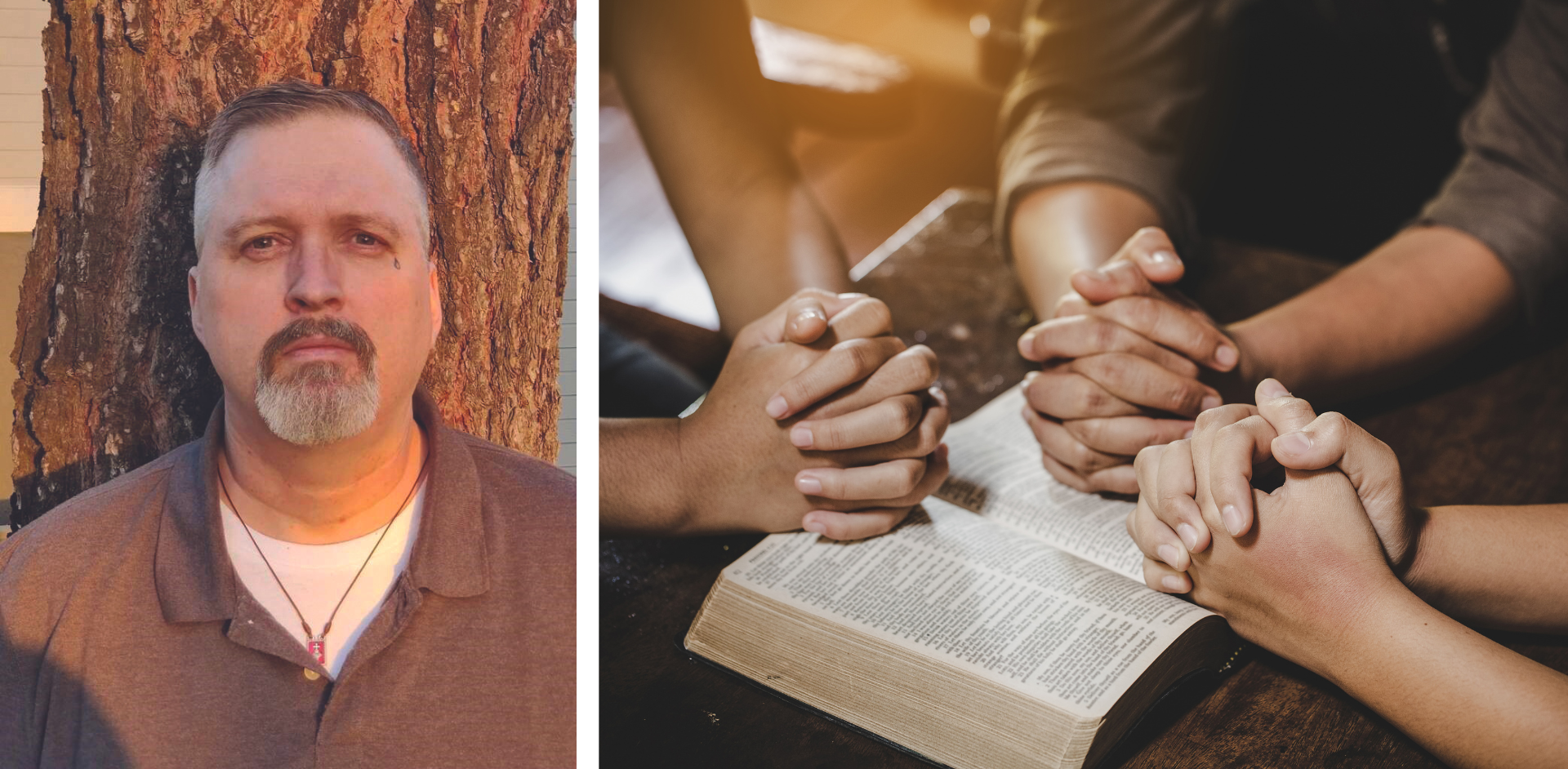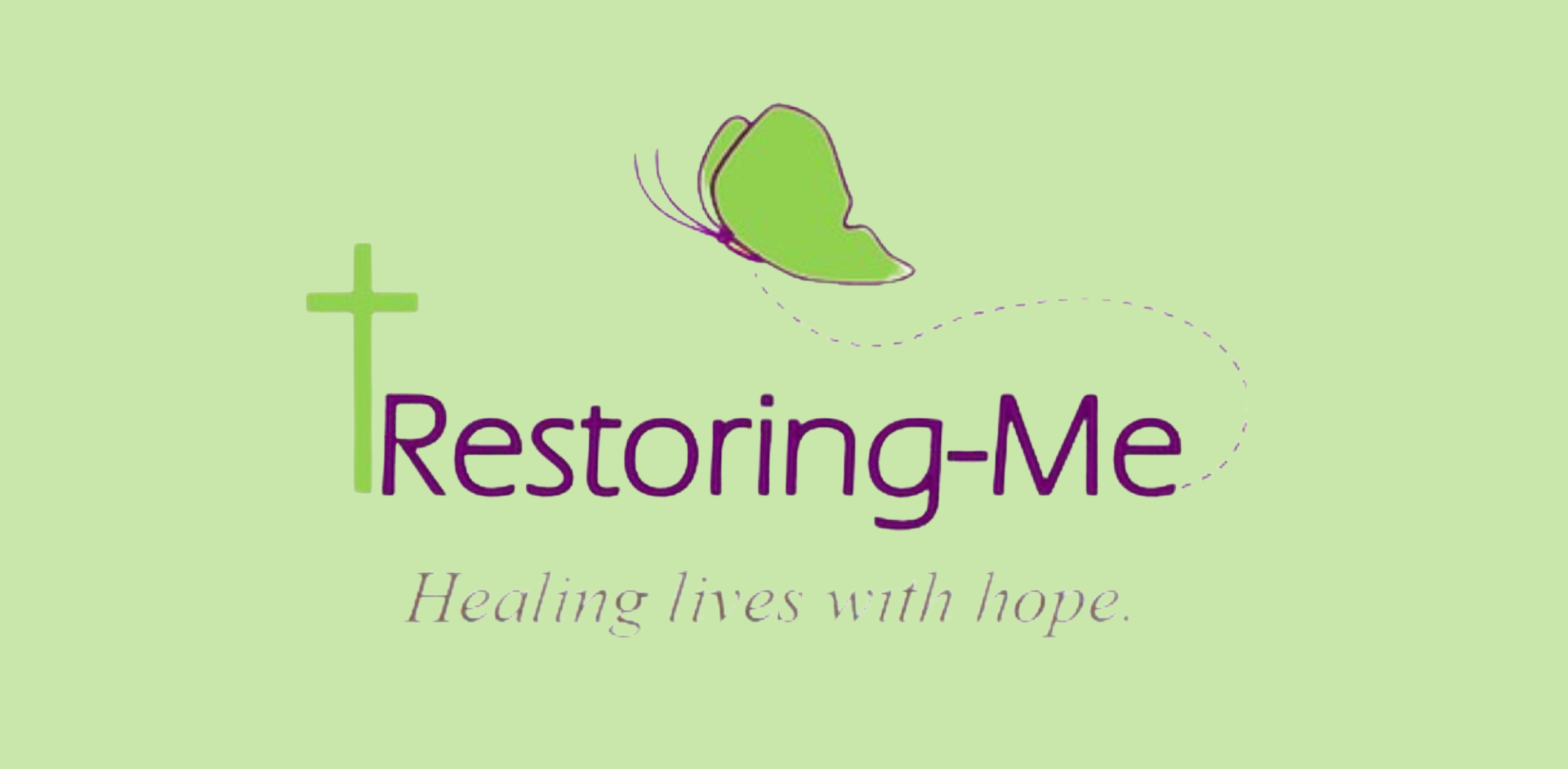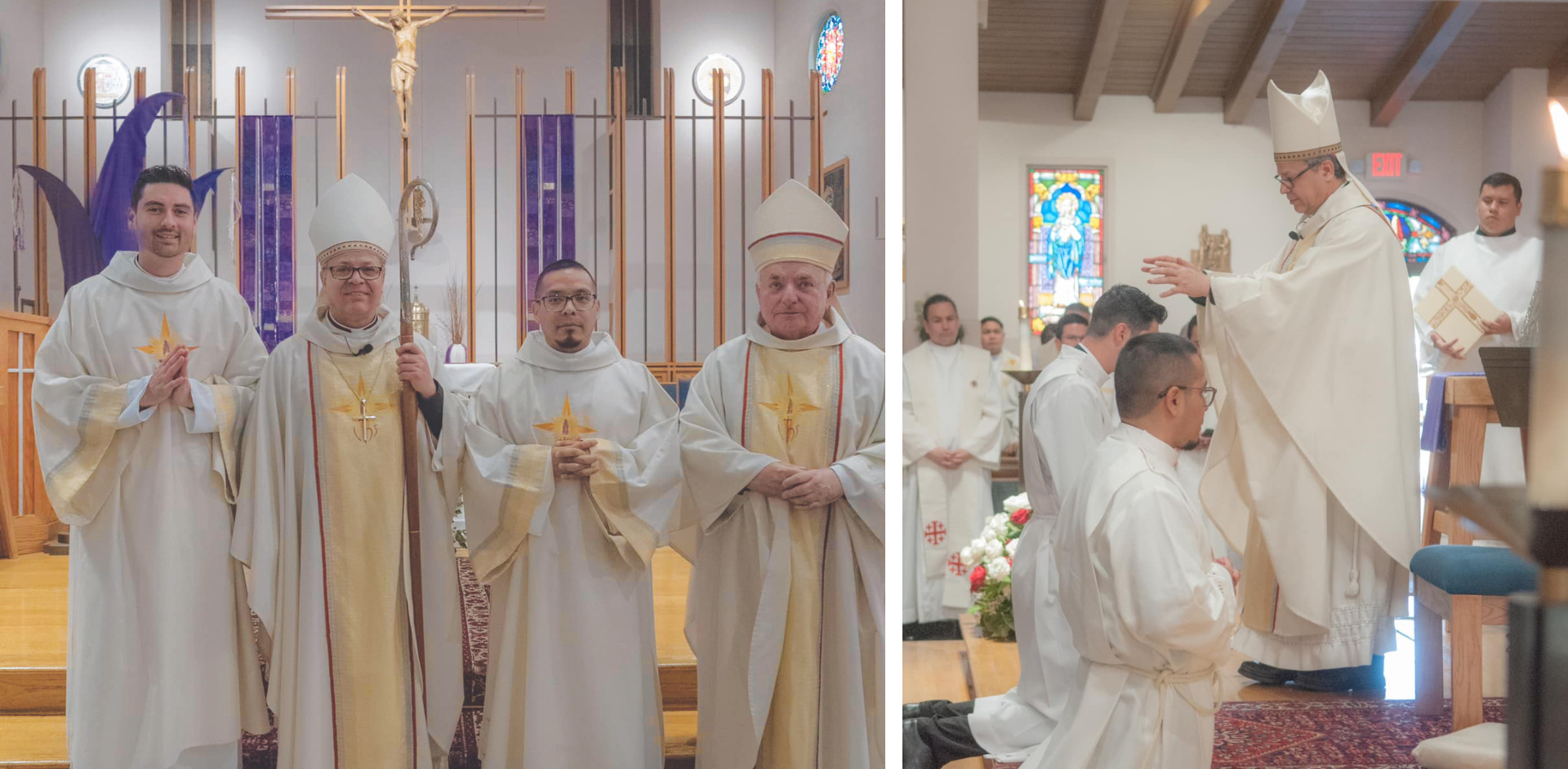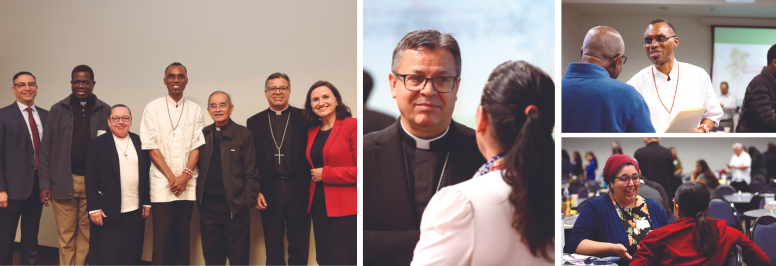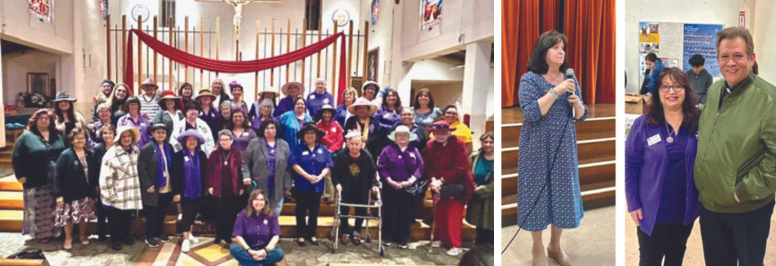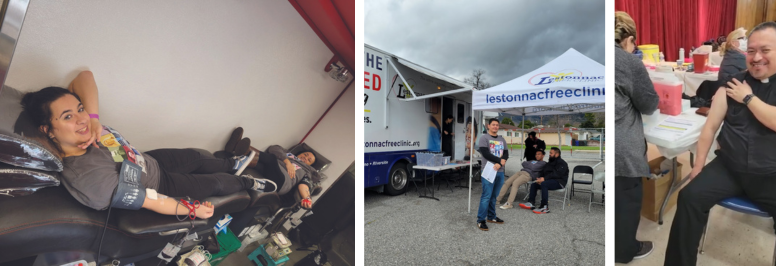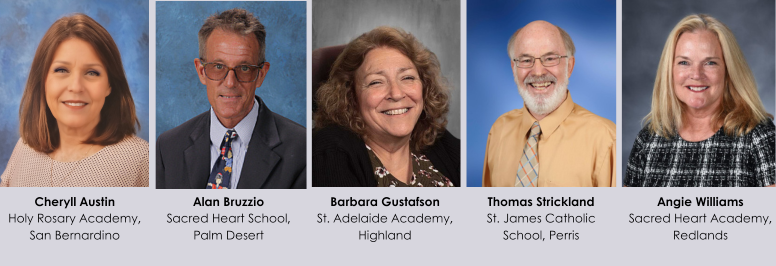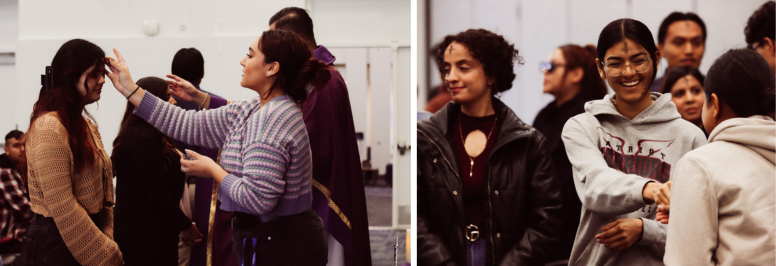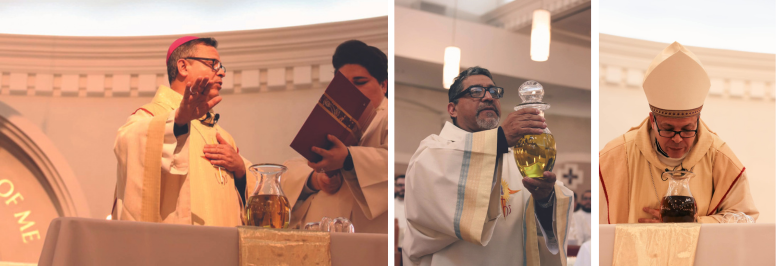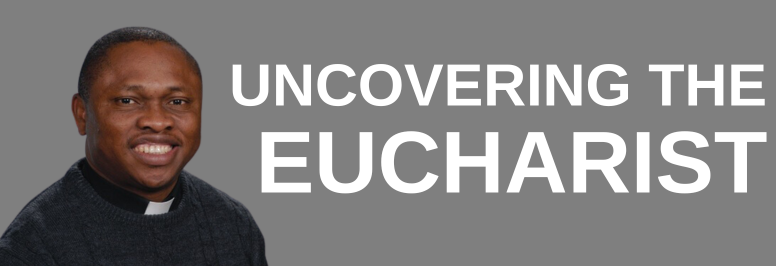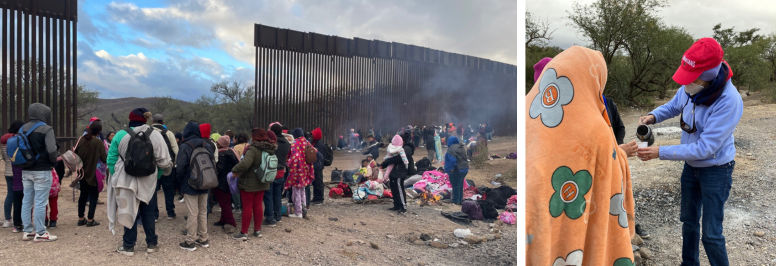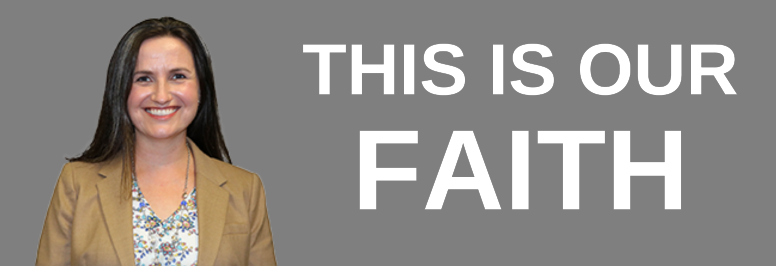When we look at the world around us in early 2015 many of us might say that our heads are spinning. The Gospel calls us to cherish the dignity of every human person, yet we see so many violations of this in our midst. The tragic acts of terrorism in Paris and throughout the Middle East, kidnappings in West Africa and Mexico, regular threats of violence in our schools and continuing rancor over how to deal with our immigrant brothers and sisters.
Perhaps most troubling has been the unrest resulting from the deaths of African-American men during interactions with police in Ferguson, Missouri, New York City and other locations last year. Wounds that we thought were healed or at least forgotten have been reopened. These events have forced us to again confront racism, and this is especially difficult because it’s a subject most of us don’t want to talk about. Like other stains on our national character, we’d like to think that we have moved beyond racism, and indeed, many of the blatantly racist words and images that were accepted by society in the last century have been denounced.
But that does not mean that the sin of racism no longer exists in our country, in our communities, in our churches and in our hearts as well-meaning people of faith. We hold onto unfair stereotypes and hostilities about people who do not share our skin color and culture. And when we are focused on the difference in appearance and custom that they have from us we are blind to the presence of the Lord Jesus in them, the very same Lord who walks with us.
For those communities of color who have been historically victimized by racism and continue to feel its painful sting, the issue looks completely different. They have continued to hear the discriminatory remarks in the workplace, in school and other places where they interact with those of a different race or culture. They have come to distrust those in positions of authority. So when events like Ferguson happen, hurts and resentments that have been simmering suddenly explode.
It must also be said that racist beliefs and attitudes reside in all people, and flow in all directions. Those cultures that are oppressed by racism can also be guilty, themselves, of racist behavior.
As people of faith, how are we to respond to this? It is tempting to keep silent, to give in to the awkwardness, fear and anger we might feel when the subject of racism is raised. We cannot do this, because to be a Roman Catholic is to answer God’s call to be a prophetic voice in society, to speak up when we recognize a societal sin like racism.
We are one in God’s love for us and Jesus prayed that we may be one as he is one with the Father (John 17:11). Most of us have to reconcile that call to some extent with the stereotypes about “the other” that we carry in us, born of our own culture, our upbringing and our life experiences.
I do not pretend to offer all of the answers to this very complicated issue. The point of my reflection this month is that we have come to a moment when we must acknowledge that racism is still part of us, and talk together about it. The scriptures tell us that God will bring to light all of those things we try to hide or keep to ourselves (Lk 8:17). Perhaps then, the Spirit is at work in these painful events so that we might confront what needs to be confronted.
As we prepare to enter the Season of Lent, a time when we admit our sins in order to forge a stronger faith, let us take this issue of racism to God. And let us make our prayer like that of Jesus. “That we may be one.”




